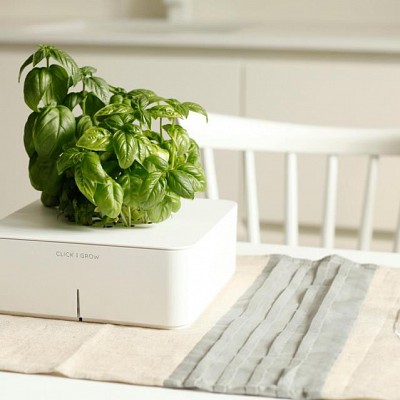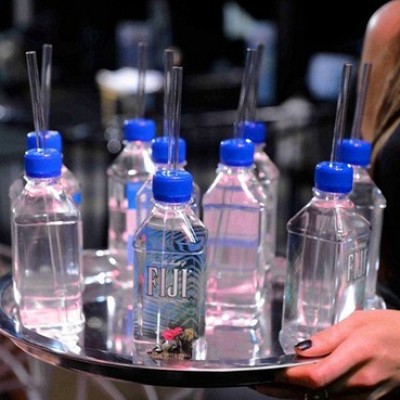
Today pollution from plastic waste is increasing and plastic straws also contribute among them. Because of its simplicity, ease of use, low cost, the use of plastic straws is increasing in urban areas around the world. In parallel with the increasing use of plastic straws, the amount of waste from plastic straws is also increasing markedly. Every day 8 million tons of plastic poured into the oceans. At the same time, their harms to the environment are not all told. Each plastic straw needs 500 years to disintegrate. Even plastic straws contain BPA – a chemical that has been shown to be toxic in some plastics. In the course of their existence in nature, they will be broken down into micro-plastic particles, capable of causing neurological, respiratory, and cancer diseases … very dangerous for humans and the environment.
Today, to limit and gradually eliminate the effects of plastic straws on nature and humans, other types of straws were invented instead. Typically, it is grass straws that are made entirely of natural grass plants (sedge) with the scientific name Lepironia articulate. This is a type of straw that has a natural origin, produced entirely by hand but the price is not high.
Grass straws are products produced to replace plastic straws that are destroying the environment. With a weed straw that only takes about 30 days to be destroyed compared to 500 years of destruction of plastic straws, the use of grass straws is 15 times more beneficial for the current plastic straw.

Grass grows wild in most areas of the Mekong Delta and is known as a rich material for people here to develop handicraft villages (the age of grass is about 1-2 years old). In the past, the grass was harvested by people in the Mekong River Delta to make handicraft products, such as for making cushions, making hats, packaging, making tops, and roofing houses. In addition to the above- mentioned handicraft items, almond grass is also used today as a straw to replace plastic straws.

- This type of straw is made completely handmade, material from natural, environmentally friendly.
- Do not use chemicals during processing and storage
- Completely self-destruct within 30 days, does not affect the environment and human health, environmentally friendly














































